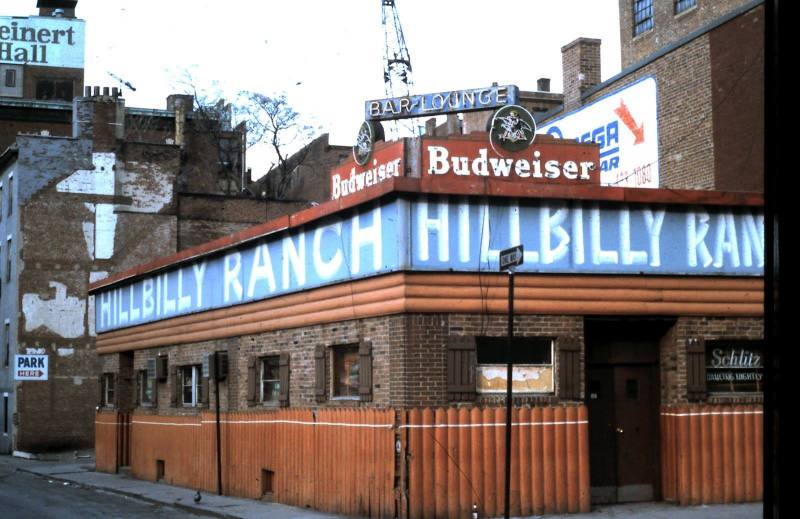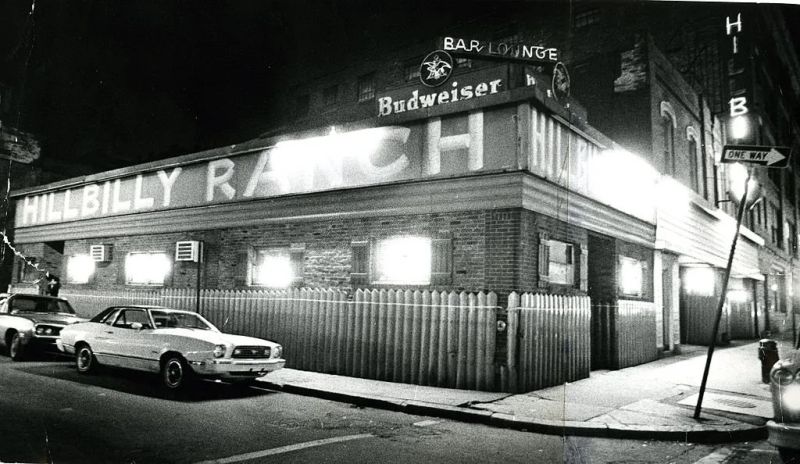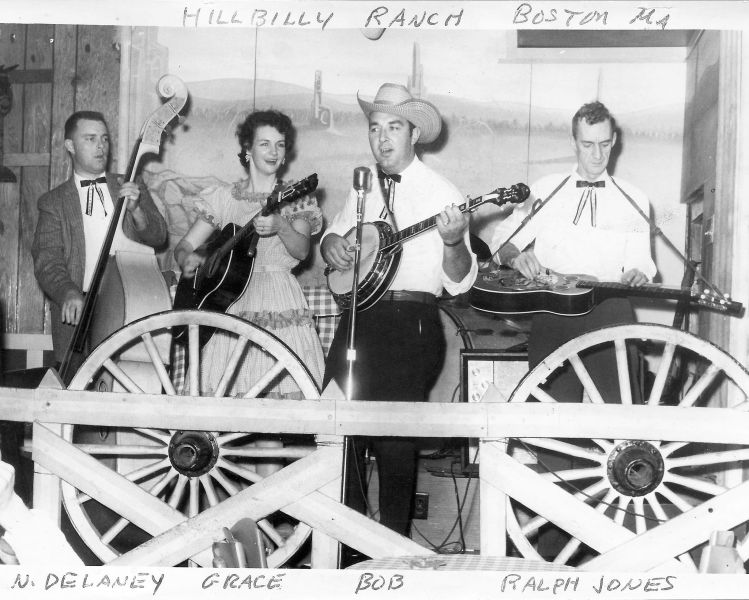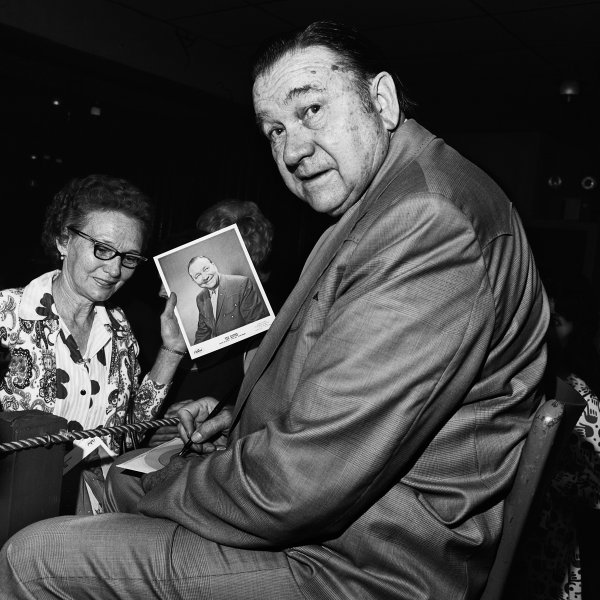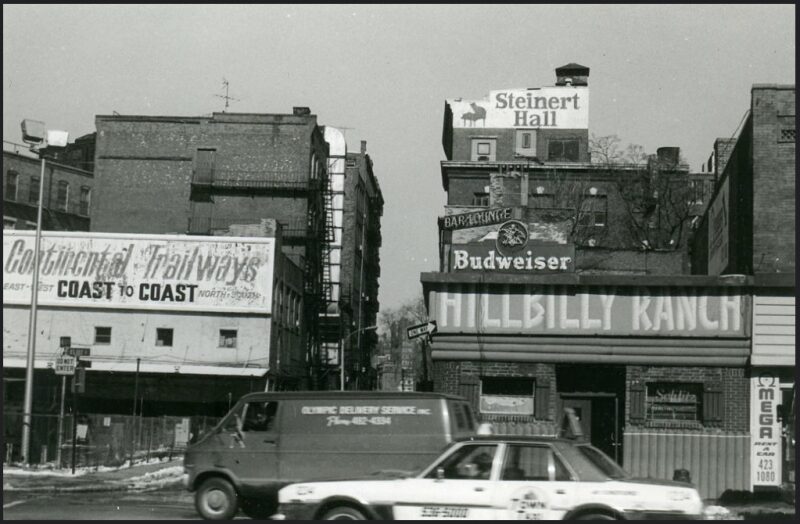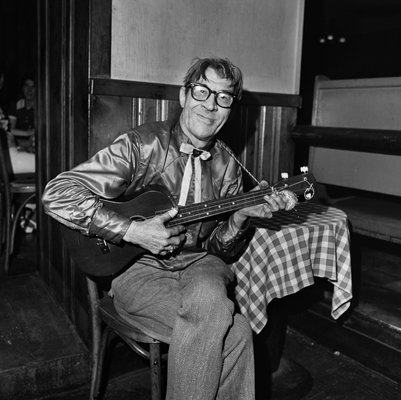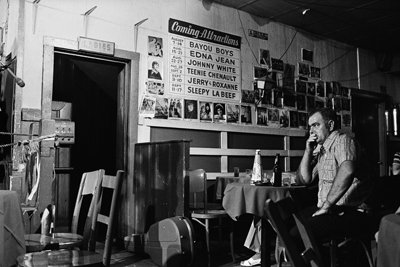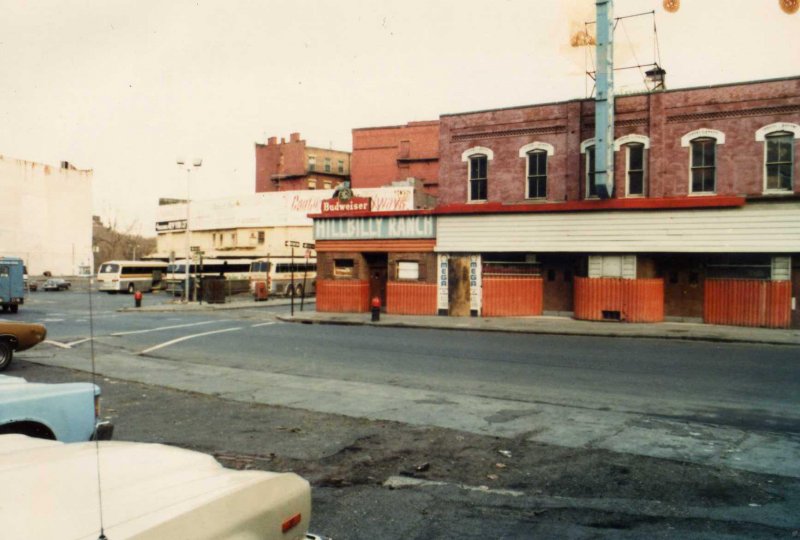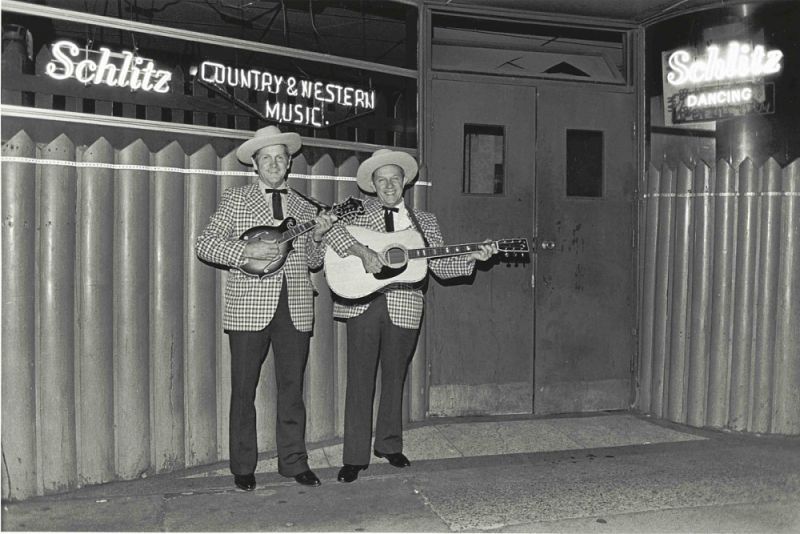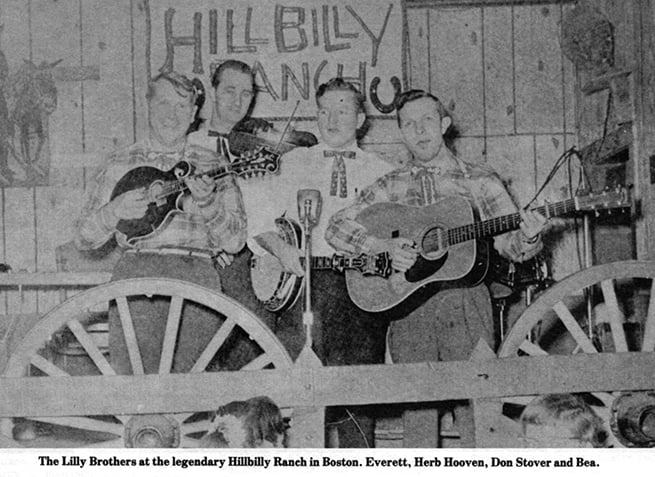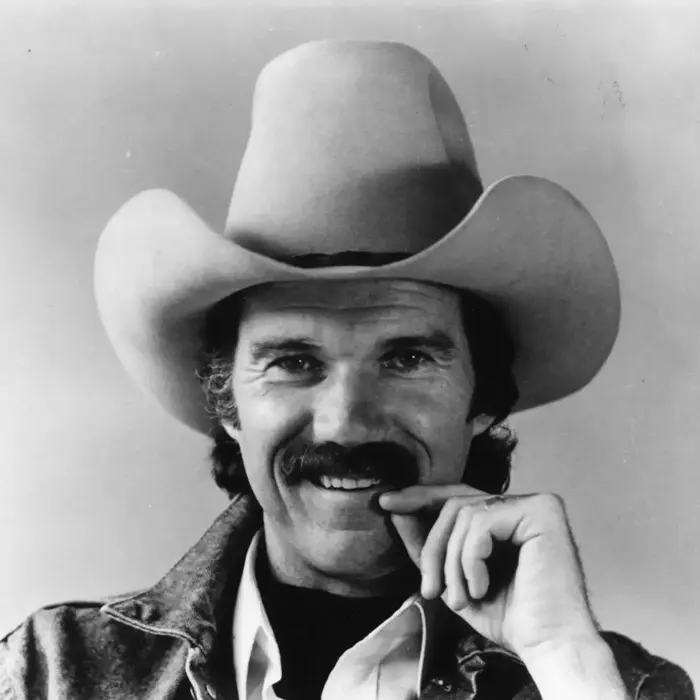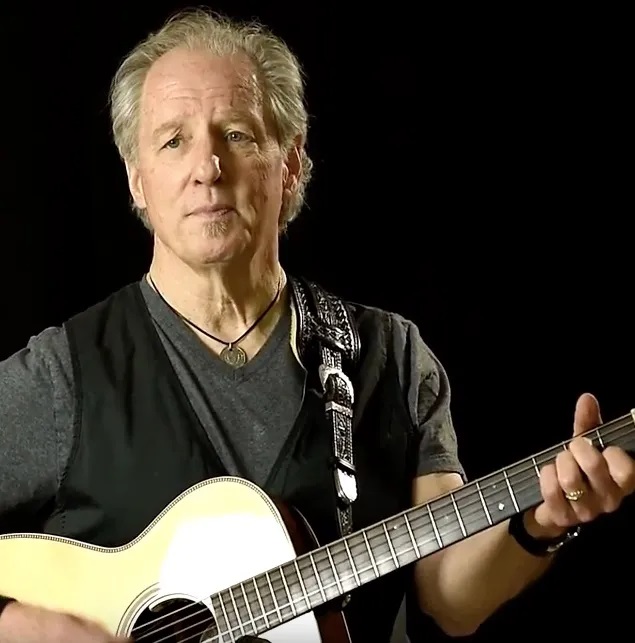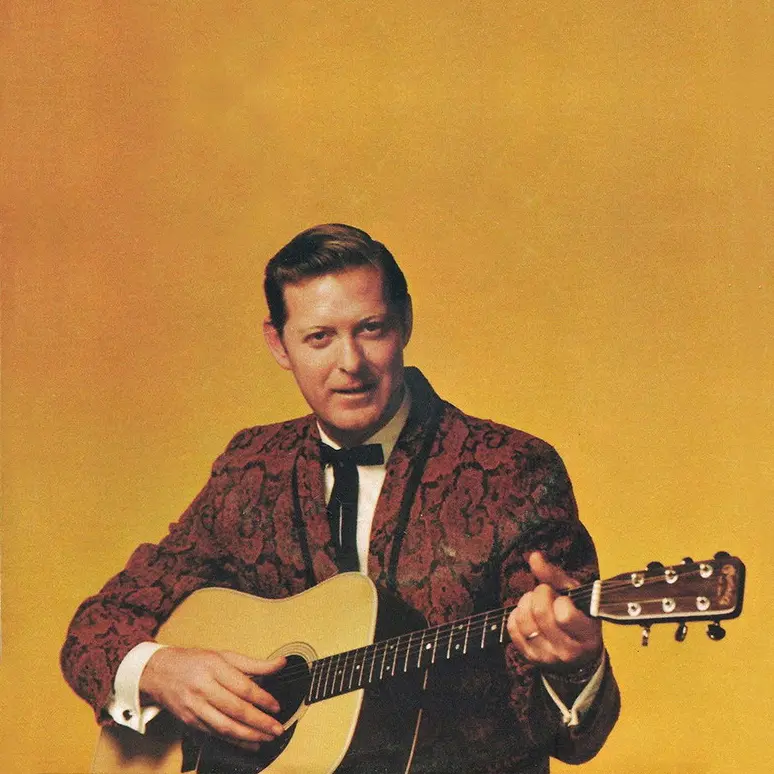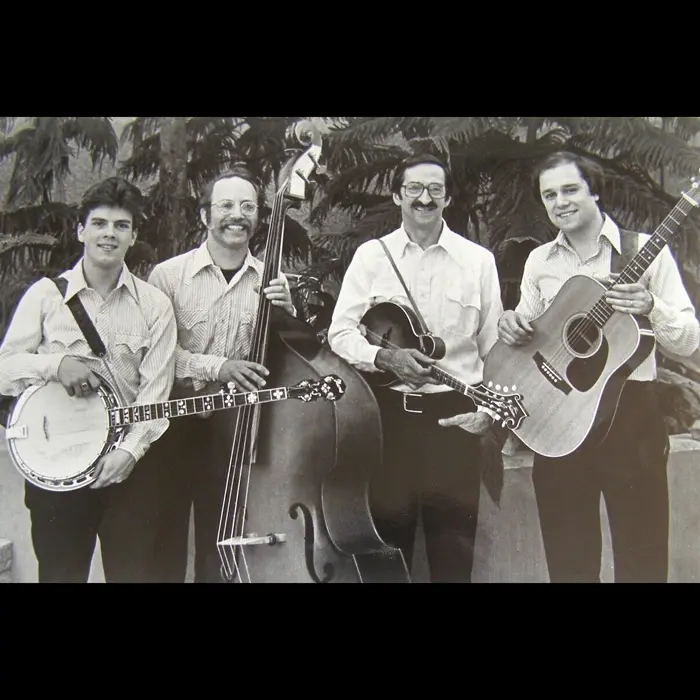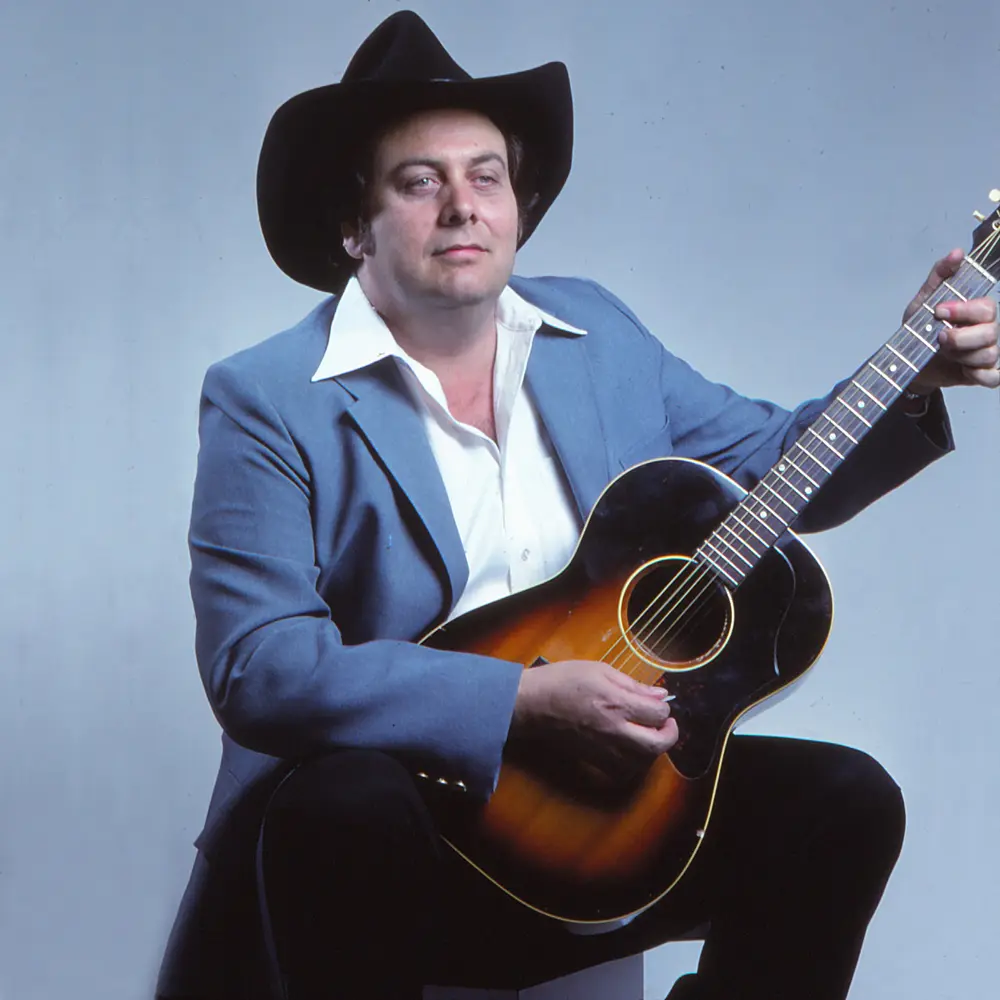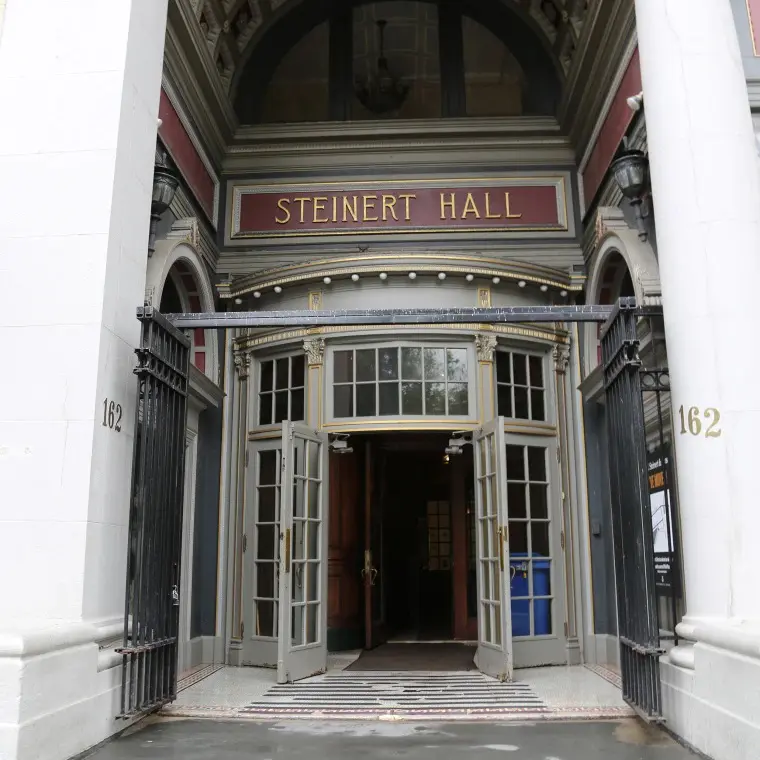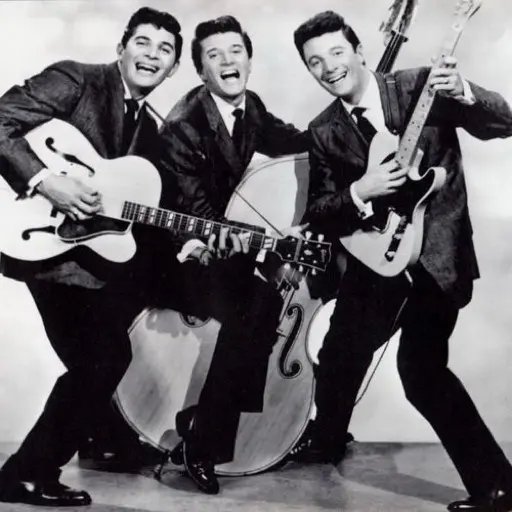Hillbilly Ranch
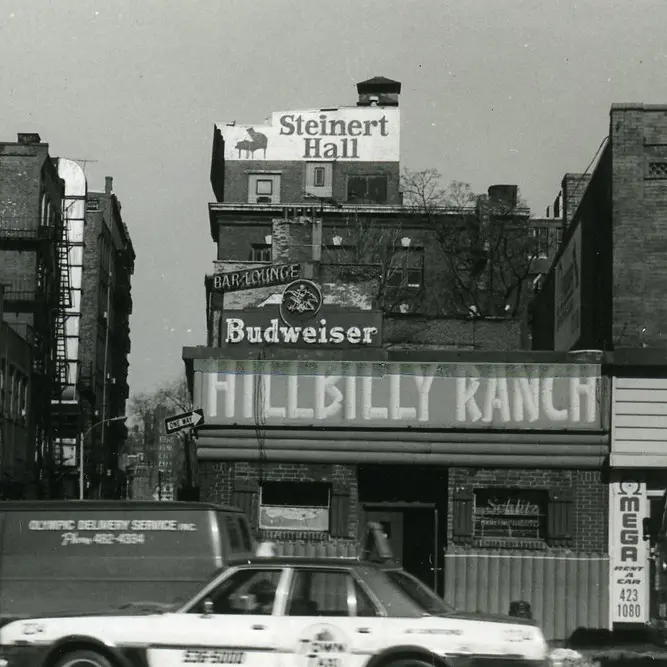
Frank Segalini emigrated to the United States in 1939 from a tiny village in Northern Italy in search of the American Dream. After settling in Boston, he opened an Italian restaurant near Stuart Street and Carver Streets in Park Square. By the late ‘40s, he thought the eatery had run its course and began thinking of moving into a different kind of business altogether.
In 1950, a friend convinced him to repurpose the restaurant into a music venue, but not just any music venue; he recommended a country, bluegrass and old-timey one, since that would immediately distinguish it from the many other live-music spaces in and around the city. The name “Hillbilly Ranch” came naturally, Segalini said, and it was completely different from anything in the area during its 30-year existence. “The Ranch,” as it was known, introduced untold thousands to music they’d never heard played live before and was tremendously important in both establishing and reinforcing country, bluegrass and old-timey music’s place in New England’s musical heritage.
EXTERIOR/INTERIOR DESIGN, NOTABLE APPEARANCES, CLIENTELE
The Ranch wasn’t unique only for the music it brought to the city, however; it was equally known for its exterior’s radical appearance. Smack-dab in Park Square not far from Steinert Hall, it was impossible to miss the towering stockade fence that surrounded the club or the massive “Hillbilly Ranch” sign (complete with tree-log lettering). The illuminated Schlitz signs in the windows and Budweiser placard on the roof made it even more unmistakable and the interior’s rustic décor included wagon-wheel light fixtures and wood-paneled walls
Segalini managed to book some of the biggest names in country and bluegrass including Bill Monroe & The Bluegrass Boys and The Lilly Brothers along with a variety of local favorites, among them The Lane Brothers, Dick Curless, John Lincoln Wright & The Sour Mash Boys, Chuck McDermott, Sleepy LaBeef and Joe Val and & New England Bluegrass Boys. Ernest Tubb, Tex Ritter and The Bayou Boys appeared at the Ranch multiple times and touring musicians who stopped by to watch a set or two often wound up sitting in with whatever band happened to be playing on the Ranch’s stage.
The Ranch had a remarkably mixed clientele that often included Navy sailors and overflow patrons from the nearby Combat Zone mixing in with suburban couples. Despite the fact that Boston wasn’t a hotbed for country, bluegrass and old-timey tunes by any measure, people packed the club to hear five nightly sets of material that they couldn’t hear anywhere else in the vicinity.
CLOSING, SEGALINI’S DEATH, LEGACY
The Hillbilly Ranch closed its doors in 1980, removing an irreplaceable piece of Boston folklore and musical history. Frank Segalini passed away in 1992 from a stroke at age 84 and is widely remembered as a true visionary with a passion for music and an admirable willingness to take a chance on something new.
Like many other neighborhoods in Boston, Park Square changed radically in later years. State buildings, parking garages and high-end eateries eventually replaced tiny restaurants, bars and even the old bus terminal. Walking through the Square today, it’s practically impossible to envision the Ranch anywhere near Eliot Street, where it was once a heaping slice of down-home country culture within a bustling urban backdrop.
(by Mark Turner)

